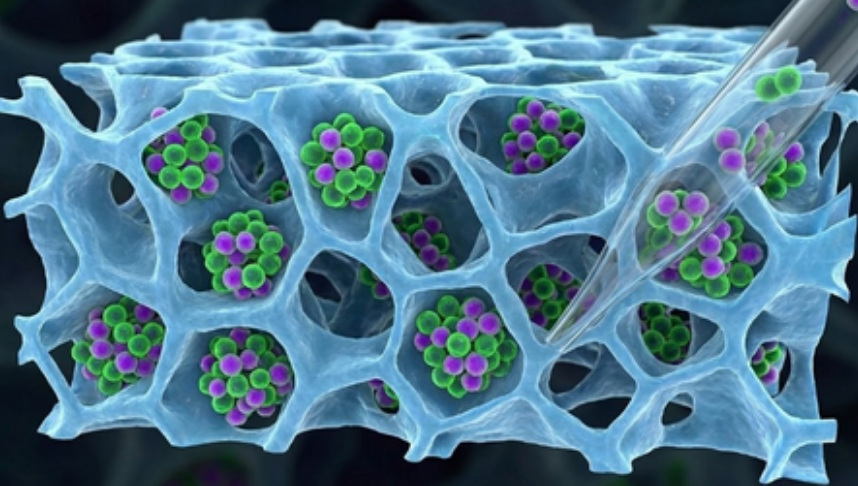Parkinson’s Disease Causes Progressive Changes in Brain Blood Vessels, Study Finds

NEW DELHI, India — A new study from Australian researchers has found that Parkinson’s disease causes progressive and region-specific changes in the brain’s blood vessels, offering fresh insights into how the disease develops and advances.
While Parkinson’s is traditionally defined by the presence of alpha-synuclein protein deposits in the brain and the degeneration of nerve cells, the new findings indicate that changes in the brain’s vascular system may play a significant role in disease progression, Xinhua reported.
“Traditionally, Parkinson’s researchers have focused on protein accumulation and neuronal loss, but we have shown the impacts on our cerebrovasculature — the blood vessels in our brain,” said Derya Dik, a postdoctoral researcher at Neuroscience Research Australia (NeuRA).
The research team identified region-specific changes in the vascular system, including a higher-than-normal prevalence of “string vessels,” which are non-functional remnants of capillaries.
Researchers from NeuRA, the University of New South Wales and the University of Sydney also observed abnormalities in brain blood flow and in the function of the blood-brain barrier.
The findings, published in the journal Brain, could open up possible new treatment pathways. According to the researchers, targeting these progressive vascular changes may help slow disease development and improve patient outcomes.
The team is now investigating whether similar blood-vessel changes exist in patients with other neurodegenerative disorders, including Alzheimer’s disease and dementia with Lewy bodies.
“This study may lead to new treatment options for people with Parkinson’s disease,” Dik said, adding that a better understanding of vascular pathology could uncover therapeutic targets for several related conditions as well. (Source: IANS)





